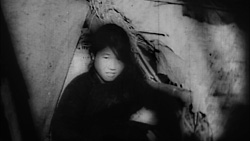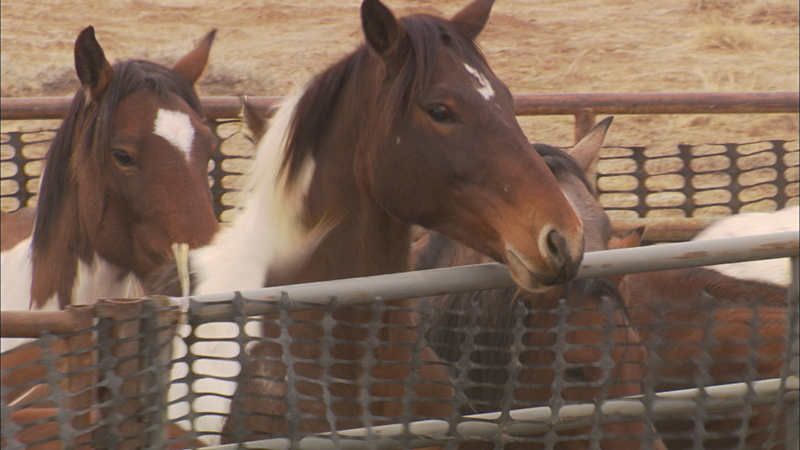In The Rape of Nanking, journalist Iris Chang chronicled the 1937 Japanese invasion of Nanking and the atrocities that followed (200,000 murders and more than 20,000 rapes within the first six weeks of the occupation). Chang’s 2005 suicide at the age of 36 spurred businessman Ted Leonsis to fund the production of Nanking, Bill Guttentag and Dan Sturman’s documentary on the subject. Focusing on a group of foreigners living in Nanking at the time of the invasion who formed a “Safety Zone” for the Chinese too poor to flee the city, Guttentag and Sturman intersperse readings by actors (including Woody Harrelson and Mariel Hemingway) of letters from the time with wrenching testimonials from Chinese survivors and archival footage. Most of the foreigners were Christian missionaries, with the notable exception of John Rabe, a German and Hitler devotee: “There’s a question of morality here,” he wrote, explaining his decision to stay put, “and so far I haven’t been able to sidestep it.” When a Nazi’s ethical core is pricked, attention should be paid. But it wasn’t, the film reminds us, and one can’t help but think of current corollaries and the documentaries to come. While the footage and survivors of Nanking are gray and decaying, its unbearable story is not something out of the past.








